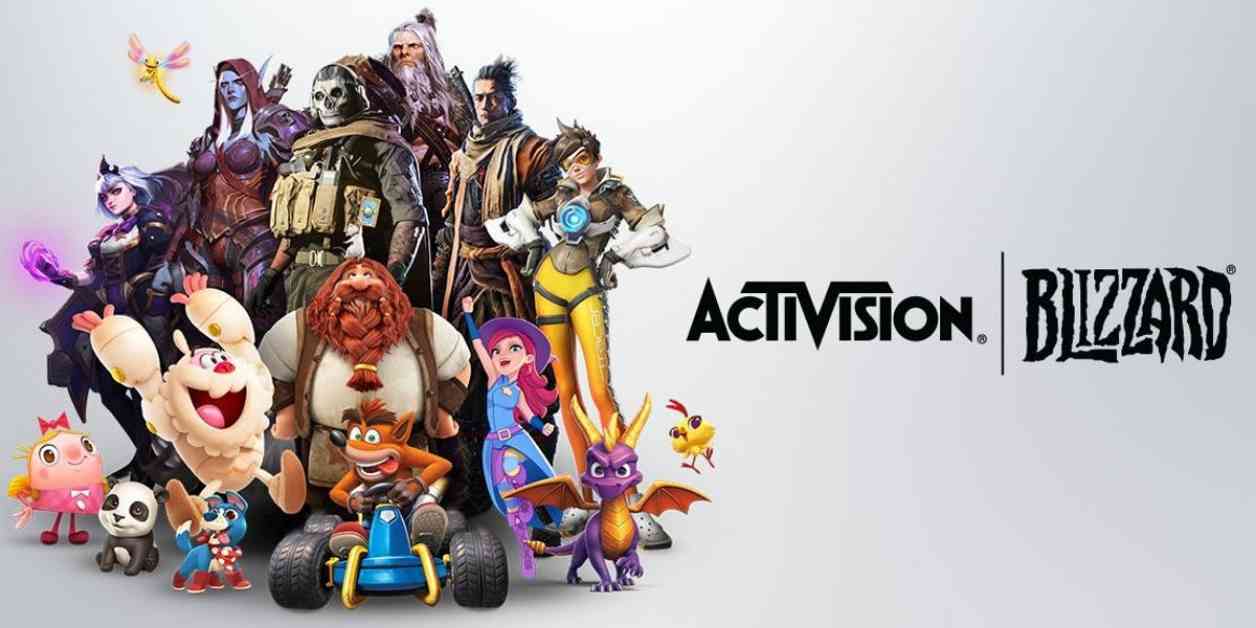Activision Blizzard recently made headlines as they approved the use of generative AI tools like Midjourney and Stable Diffusion for creating concept art and marketing materials. A leaked internal memo from the former chief technology officer, Michael Vance, revealed this decision, even though he has since left the company but still works as a fellow software engineer.
Former employees have expressed concerns about the use of generative AI, claiming that the publisher initially assured artists that AI would only be used for internal concepts and not to replace them. However, following layoffs that affected many 2D artists, those remaining were allegedly required to undergo AI training and incorporate AI into their work processes.
In contrast to Activision, Blizzard reportedly does not allow developers to use publicly available AI generators and is focusing on developing its own AI tools internally. This move reflects a broader industry trend, as a recent report by CVL Economics found that nearly 90% of video game companies have utilized generative AI for various purposes like generating storyboards, character designs, renders, and animations.
Riot Games, another major player in the industry, is also investing in in-house generative AI technology. Wesley Kerr, the head of tech research at Riot, emphasized the importance of aligning AI tools with the company’s values and ensuring transparency with players about their intentions.
While generative AI tools like Midjourney offer innovative solutions for game development, there are ethical considerations to be addressed. Many of these tools are trained using artwork scraped from the internet without the original artist’s consent. Midjourney’s CEO, David Holtz, admitted that the company does not seek consent for copyrighted work due to challenges in identifying the original source.
As the gaming industry continues to embrace generative AI technology, it is essential for companies to navigate these ethical issues carefully and ensure that artists are not marginalized or replaced by AI. Transparency, consent, and ethical usage of AI tools will be critical in shaping the future of game development and maintaining a positive relationship with both employees and players.












